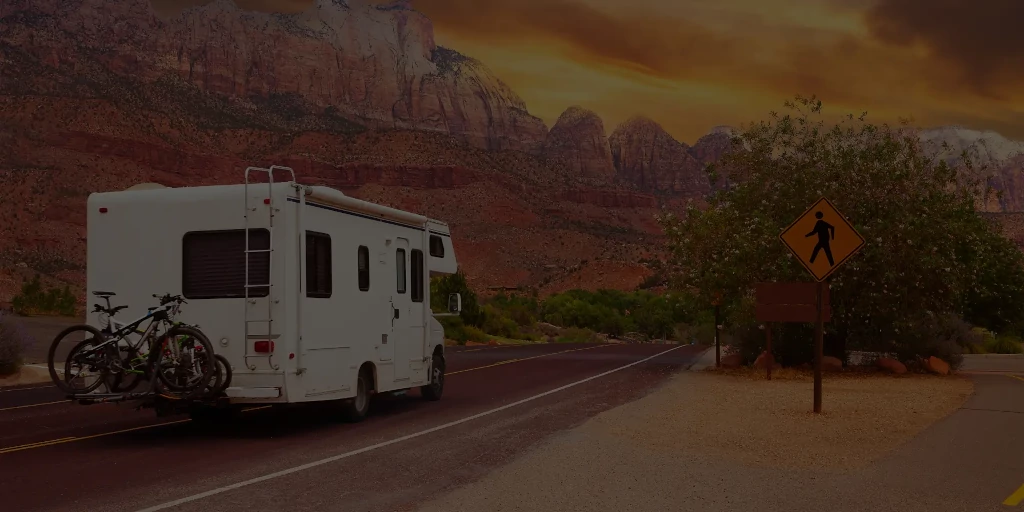Finance & Insurance
Any reference obtained from this server to a specific commercial product, process, or service does not constitute or imply an endorsement by See Dealer Cost, of the product, process, or service, or its producer or provider. It also does not imply an endorsement of See Dealer Cost by any company listed. The information is provided as a convenience for our users.
 LEARN MORE ABOUT SOMETIPS, TRIPS & ADVICESEE DEALER COST HAS TO OFFER!
LEARN MORE ABOUT SOMETIPS, TRIPS & ADVICESEE DEALER COST HAS TO OFFER!